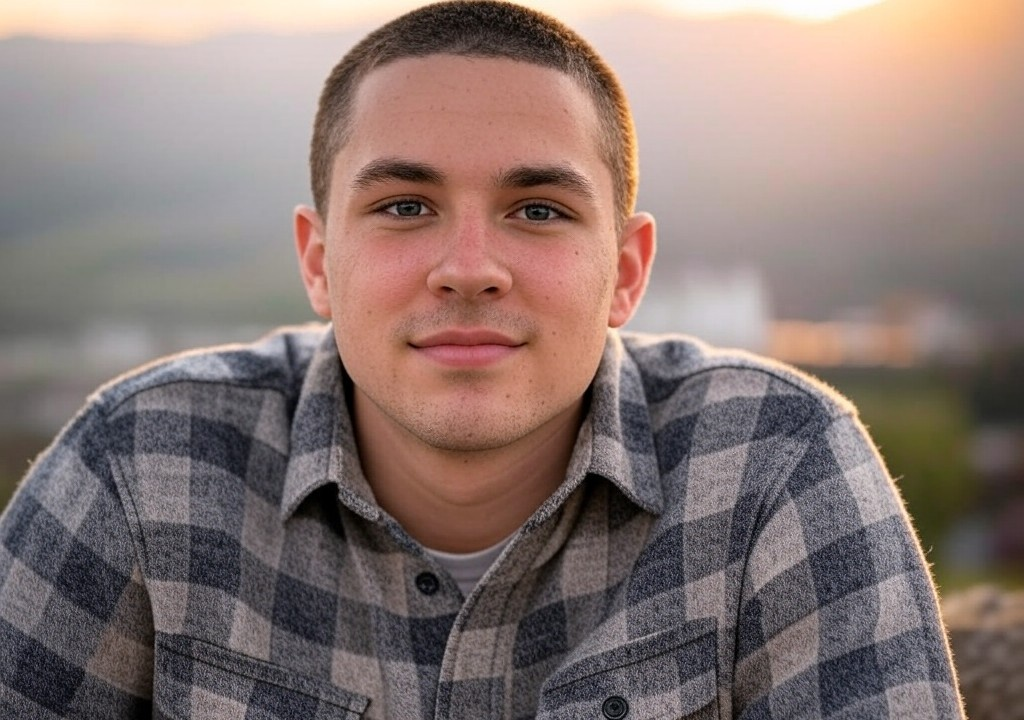When I was thirteen, I thought Salt Lake City was the center of the universe. Not just in the geographic “navel of Utah” kind of way, but the actual one-all-be-all of human existence. My world was malls with identical pretzel stands, Sunday dinners over funeral potatoes (it’s a love-it-or-hate-it casserole; I’m firmly in the camp of love), and early mornings where you could almost hear the rumble of Temple Square waking up for another day. My adolescent brain figured everywhere else was probably inferior—a blurry series of vague landscapes where people didn’t know the joys of fry sauce or that peculiar thrill of spotting the first snow on the Wasatch Mountains.
Now that I’m older, I don’t think Salt Lake City is the center of the universe anymore. But it is the place that made me, in both the obvious ways (I still give directions based on whether you’re headed uphill toward the mountains or downhill toward the Great Salt Lake) and the more subtle ones. And somewhere between the impossibly bright sunsets and the odd mix of pioneer grit and modern ambition in its people, this city taught me what really matters in relationships, in dating, and even in myself.
Mountains, Mindsets, and Making Space for Others
One thing about growing up with a mountain range practically standing on your front porch is that you get real cozy with perspective. From up on the Bonneville Shoreline Trail, a city looks smaller—or, at least, comprehensible in its sprawling chaos. And from the flip side, walking under those towering peaks stretches you into a kind of humility. That contrast, I’ve realized, makes for a pretty good metaphor for relationships.
When your crush or partner (or third-date-where-you’re-not-sure-what-this-is-yet person) screws up—or when you do—it’s easy to zoom in and get mad about the details. Why didn’t they text me back? Why didn’t I think to follow up after canceling plans? But taking the mountain-view perspective is surprisingly helpful. If I’ve learned anything from those family hikes in my teens, it’s that once you see the whole map—once you see the gray parts of someone else’s intentions mixed in with the vibrant purples of their good sides—there’s an awful lot more grace to go around.
But the flip side, the walking-under-the-peaks part? That humility is crucial too. Love can’t be all mountaintop moments. It’s about asking who’s pacing themselves alongside you when it’s steep and dusty. Being humbled by Salt Lake’s great outdoors taught me not to ask, “Will this person sweep me off my feet every day?” Instead, I’ve learned to ask, “Who will listen to me stumble through my thoughts and still stick around for the view at the top, even if I complain most of the way there?”
The Fine Art of Balancing Tradition and Individuality
Salt Lake City has always been a bit of a balancing act—equal parts pioneer homestead and tech startup, equal parts “rooted tradition” and “new kids on the block with oat milk lattes.” In my dating life, I’ve come to appreciate that same push-and-pull. Relationships thrive not when one dynamic dominates but when they create space for mutual discovery.
For example, when I was younger, internalizing the unwritten rules of courting in a conservative LDS community was easy: you date for marriage, sidestep anything that makes Sunday School blush, and keep families in the loop almost from the start. But as I grew into adulthood, I realized my reality was more complex. I didn’t want a relationship where my individuality evaporated into a neatly packaged mold, but I didn’t want to dismiss my values or traditions either. So, where does that leave you?
Here’s where the balancing act of mixed influences helped me grow:
- You honor what matters but bend where it makes sense. Growing up, dating was tied to a timeline—chase milestones at a steady pace. But the mountains taught me not to rush the climb just because there’s a summit ahead. Every pair will find their rhythm. Whether it’s values-based planning or creating a whole new playbook, it’s a custom hike meant only for you two.
- Look backward without getting stuck there. My religious upbringing gave me what I’ll call “relationship discipline.” Accountability, treating someone with respect, showing up even when it’s not convenient—all those things matter. But no relationship flourishes in auto-pilot mode, even if it’s built on good habits. The Salt Lake mindset is about adapting to where you are, not where you assumed you’d be five years ago.
Funeral Potatoes and the “You’re Home” Feeling
Let me talk about funeral potatoes for a second. (If you know, you know.) They’re this gooey, cheesy, crispy miracle food that someone inevitably brings to potluck events where comfort is needed. The name comes from their frequent appearances at post-funeral LDS gatherings, but here’s the secret: they're not actually about grief. They’re about connection. They’re about the thing where your weird casserole-mixing neighbor knows exactly what’s needed before you even think to ask.
When I think about what makes a relationship feel like home, it’s that same concept of anticipating your needs without pretense. Romantic gestures are great, but they don’t hold a candle to the times someone responds to you with the emotional equivalent of a hot dish of potatoes topped with cornflakes. (Humor me here—I swear this analogy works.)
I think of a relationship I had with someone who loved asking questions—really good questions. It felt like this person handed me permission to be as weird and earnest and messy as I needed. That feeling, I realized later, is what makes love stick: the safety net of knowing that awkward or emotional or vulnerable you is still endearing to someone. You have a funeral-potatoes-person when you don’t have to filter yourself.
Popcorn Popping on the Surface of My Dating Life
Now, to poke fun at one of Salt Lake’s quirks: if you’re here in the spring, the trees erupt in blooms practically overnight. My mom called it “popcorn popping on the apricot trees,” and since many of us sang a song about this in Primary, it became an inside joke for anyone raised in the valley. But in life? Turns out a lot of dating feels this way—and not always in a good sense.
Think back to times when that giddy “pop!” of novelty fizzles out into a lukewarm “okay, so this is going nowhere.” In my teens and twenties, I chased connection like apricot trees bursting alive—dramatic and sudden and promising at first glance. Someone laughs at your lame pun or matches your random obsession with 1930s mugshot photography (yes, this actually happened), and you think, Wow, this is blooming into something big! But by summer? It’s dead leaves and allergy season.
Salt Lake City has taught me the value of patience—to let something truly take root before assuming it’ll flourish long-term. The slow romances are underrated. So are the ones you almost miss because they don’t look like love songs in the beginning—they look like grocery runs and mid-week check-ins.
When Landscapes Define You
Salt Lake City, for me, has always existed in that sweet spot of rootedness and growth. It’s the place where I learned to sit long enough with myself to figure out that who I was mattered, but so did who I was becoming. It’s also the place that taught me what belonging feels like, what love can look like when it’s messy and unpolished yet good to the core.
If there’s anything I’ve learned from growing up here, it’s this: relationships are rarely perfect, but they are almost always worth the work. You’ll fight, trip, apologize, and discover that flaws don’t make you clash—they make you human. And, like the salt flats or the towering peaks, landscapes—and love—are worth appreciating for their imperfections. Whether you’re still chasing the “popcorn popping” phase or working through the climb, my city has something to teach you too.




















